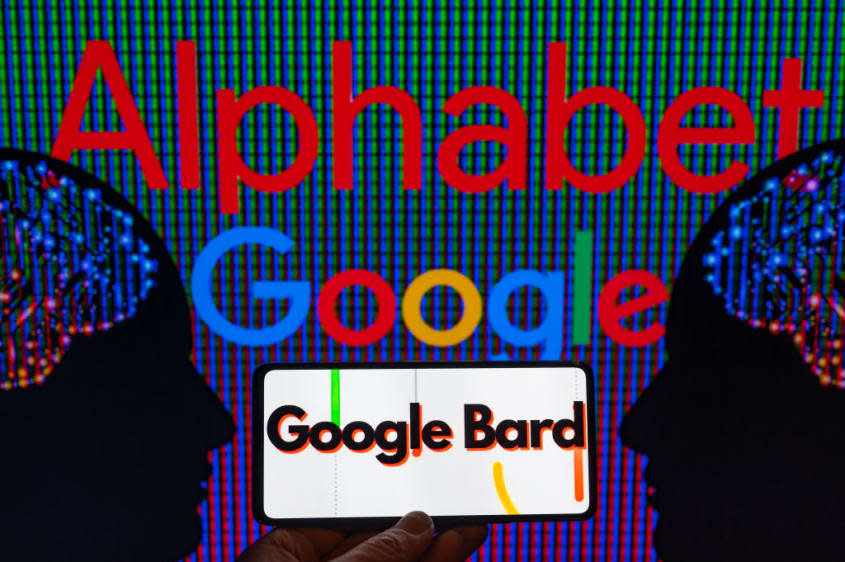AI: Google seeks to regain lost ground

The smartest insight and analysis, from all perspectives, rounded up from around the web:
Google's $162 billion search business is under threat for the first time from AI competitors, said Nico Grant in The New York Times. For 25 years, that "simple white page with the Google company logo and an empty bar in the middle" has been "one of the most widely used web pages in the world." But in March, Google employees were stunned by the news that "Samsung was considering replacing Google with Microsoft's Bing as the default search engine on its devices." Bing, an also-ran for years, suddenly had something that Google did not: It was faster to incorporate artificial intelligence technology into its product. Now "Google is racing to build an all-new search engine" and upgrade the old one using AI that offers a "more personalized experience." At stake isn't just Samsung's $3 billion annual contract but also Google's $20 billion deal with Apple, up for renewal this year.
The irony here is that Google led the AI race for years, said Miles Kruppa in The Wall Street Journal. In 2014, Google's parent, Alphabet, acquired DeepMind, a U.K. AI research lab that, like OpenAI, has been working on "computer systems that can closely mimic or even replicate human thought." But its breakthroughs to date have mostly been devoted to life sciences, such as AI that's used to predict protein structures. A sign of the panic at Google is the decision to now scrunch together DeepMind with its other AI team, Google Brain, said Ron Amadeo in Ars Technica. The two groups "seldom collaborated or shared computer code with one another," and built up "years of intense rivalry." A merger may not fix this: Jeff Dean, the head of Brain, which invented the neural network architecture at the core of most current AI work, will still report directly to Alphabet CEO Sundar Pichai.
Google's rush to keep pace is compromising its ethics, said Davey Alba and Julia Love in Bloomberg. It had always been cautious of AI's power "and the ethical considerations for embedding the technology into search." But in December, Google's leadership "changed its appetite for risk." The head of Google's responsible-innovation group "over-ruled a risk evaluation by members of her team stating that Bard," its AI chatbot, "could cause harm." One worker called Bard "a pathological liar," or worse — for instance, giving answers to questions about scuba diving that "would likely result in serious injury or death." But now that AI is Google's top priority, ethics employees say, "it's become futile to speak up."
What does Google have to fear? asked Dan Gallagher in The Wall Street Journal. Microsoft beat it to market in search technology, but that "hasn't made much of a dent." Microsoft's share of the global search market grew to a whopping 2.88 percent in March. And as for the possibility of losing Samsung? Phone users in the European Union "have had an option to pick search engines since early 2020, following a $5 billion antitrust ruling against Google." Google's share of the market in Europe has remained unchanged at 97 percent.
This article was first published in the latest issue of The Week magazine. If you want to read more like it, you can try six risk-free issues of the magazine here.
You may also like
FAA overruled engineers to let Boeing 737 Max keep flying, report alleges
Bill finalized to allow DeSantis to run for president while remaining governor

